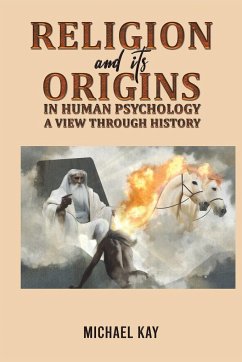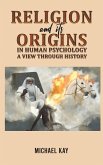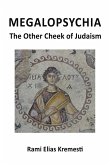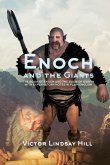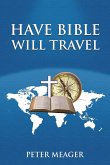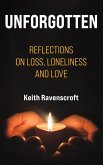In an era of scientific dominance, why does religion still maintain an unshakeable grip over so many lives, dramatically impacting world events? Why did humanity first develop religious constructs and institutions? How has our relationship with the divine evolved over civilisation's history? This book chronicles religion's enduring role across millennia - its profound shaping of both individuals and societies. Reviewing psychological theories, it explores the evolution of our inherent need to interact with gods and the supernatural. Religion was our original "science" - humanity's first response to the natural world and our place within it. Since then, two major transitions have revolutionised our religious approach. First, the emergence of teachers like Zoroaster, Jesus and Mohammed introduced personal and social accountability. Today, science and nationalism inherit many attributes once exclusive to faiths. Throughout history, religion also empowered rulers who claimed special divine sanction to exert authority and wage war. Despite an uneasy coexistence with science, religion perseveres because it continues answering profound human requirements at personal and collective levels. This is the innate legacy that ensures religion's hold over life and world affairs is unlikely to ever diminish.

